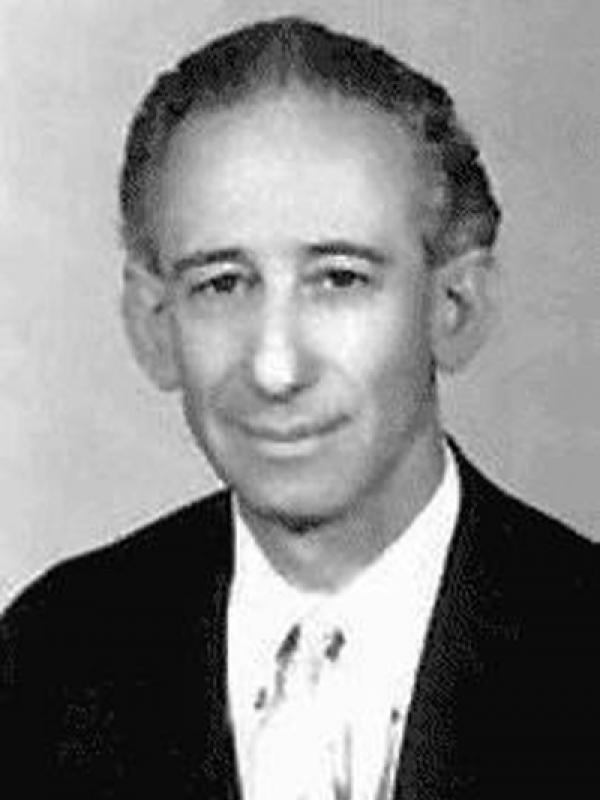Paul Abkar was born in an Armenian relatively rich family in 1908. He attended in San Luis elementary school in Tehran. After elementry period he went to France in 1925 to continue his study. In 1929, he graduated from high school in Orléans, (Lycée d'Orléans) France. In the same year, he went to the University of Sint-Lucke in Brussels to study Architecture. His period of study lasted for seven years, during study time, he spent courses of sculpting, material resistance, decoration and wood carving.
Paul Abkar returned to Tehran in 1937 and began his professional career after serving the duty system. Initially he was in charge of technical services in government agencies. He was the head of technical office of customs for 7 years and He was the head of the Technical Office of the Ministry of Finance for 17 years. Then he assumed the responsibility of the technical office of Shahrbani1 general office. In 1969 he retired with the rank of colonel in a row.
During these years, he also had his own private office and was active in his profession. Paul Abkar was one of the leaders of the modernist movement in Iran, and his buildings were well adapted to local conditions. His buildings are fully recognizable with his features. Ajor Bahmani2 in his works with little entrances and stones around it are one of the proper samples of residential houses in Tehran. He was one of the first architects to use the combination of stone and brick in a very elegancy way.
His latest project in the design contest for Tehran Municipality Palace, won the first prize, which unfortunately was not implemented. He died at the age of 61 in May 1970.
P.S.
1- Shahrbani formerly called "Nazmiyeh" was a law enforcement force in Iran, with police duties inside cities. Founded during Qajar dynasty, it was eventually merged with the rural and roads police Gendarmerie and Islamic Revolution Committees in 1991 to form Law Enforcement Force of Islamic Republic of Iran (NAJA).
2- Ajor Bahmani, "Ajor" means Brick in Persian language. It is a kind of Piebald bricks in red and yellow colors that appeared on the market between 1940 and 1960. Its name "Bahmani" had been taken from a brick furnace of the same name.



